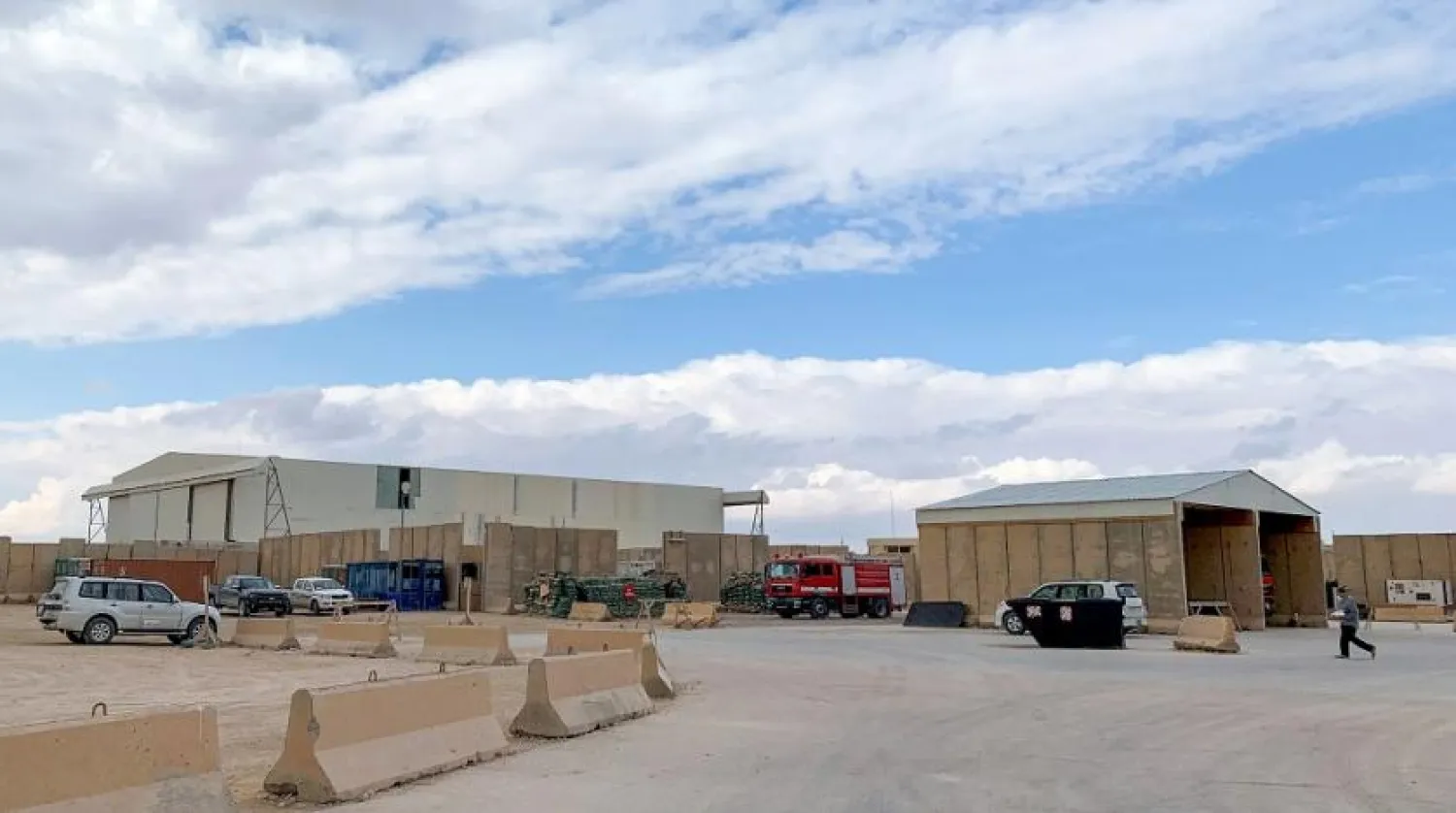US contractors evacuated Iraq’s Balad Airbase where they were supporting Iraq’s F-16 program, US Stars and Stripes daily military newspaper reported.
The US government withdrew the military personnel following a number of rocket attacks that targeted the airbase.
"Without the Americans, the Iraqis cannot perform the full range of maintenance tasks on the country’s fleet of F-16s, which are key in the fight against the ISIS group," the report said.
It also said that 32 of the 36 F-16 fighter jets Iraq received from 2014 to 2017 were inventoried at Balad Airbase last summer, and 75% were either fully or partially operational in December.
"In the first three months of 2021 they flew 299 sorties, the Lead Inspector General for Operation Inherent Resolve said in a quarterly report Tuesday."
All but four of those sorties were training missions, it said, according to the report.
Contractors and coalition military air advisors previously evacuated Balad in January 2020 as tensions between Washington and Tehran played out in Iraq in back-and-forth strikes, including the US assassination of a top Iranian general at Baghdad International Airport and Iran’s retaliatory ballistic missile strike on two Iraqi bases.
Also, the US-based Lockheed Martin and Sallyport Global failed to support the F-16s due to the COVID-19 pandemic.
The report asserted that military air advisors are no longer housed at the base, saying "while US Air Force advisers regularly visit Balad, the lack of a dedicated advising presence and secure communications have so far kept the F-16s of Iraq’s 9th Fighter Squadron off the coalition’s air tasking order."









